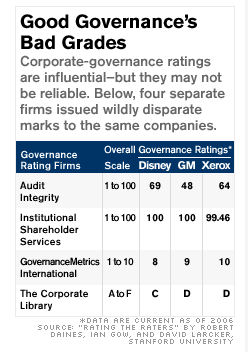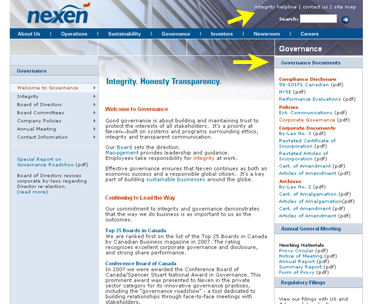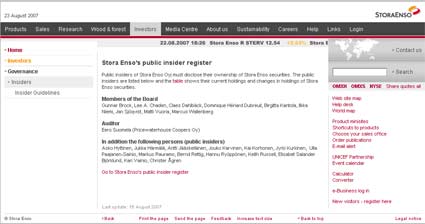The SEC released its last extensive guidance on the use of websites and electronic media in 2000. Of course, the Internet has changed A LOT since 2000. Faster bandwidth, new technologies, and the explosion of mobile devices and social networking have all substantially altered what companies put on all areas of the websites, not just their Investor Relations pages.
SEC Updating Guidance on the Use of Web Sites and Electronic Media
On Wednesday July, 30, the SEC voted unanimously to update and provide new guidance to publicly traded companies in the US about how they can comply with securities laws when using their websites and other methods to publish information for investors.
The effect on IR sites could be big with the guidelines providing additionally acceptable materials for inclusion as well as potentially marking some materials as inappropriate for publication on a company’s IR site.
The new SEC guidance will be issued in the form of an interpretive release. An interpretive release does not create new laws or regulations. Instead, an interpretive release declares the SEC’s views and interpretations of existing laws and regulations. Thus, no new restrictions or loosening of the same are forthcoming, but areas in which companies may have been cautious due to the possibility of varying interpretations may be clarified thus allowing for broader use of IR sites and the Internet in general.
Indeed, SEC Chairman Christopher Cox specifically mentioned “social networks” in his remarks on Wednesday.
“The last time the SEC issued guidance in this area, the idea of ‘social networks’ hadn’t yet been developed, and creating a social network where shareholders could meet and exchange views was barely imaginable.”
The SEC’s guidance will be divided into four parts:
- Clarification of how information posted on a company website can be considered “public” and guidance on complying with Regulation FD.
- Clarification of the liability framework for certain types of electronic disclosure. Of note, is that companies cannot require users to waive any protections from federal securities laws as a condition of participating in forums or blogs. Also, included is guidance on linking to third party information without having to “adopt” such information. How companies can provide historical data without it being considered “republished.” Clarification of how anti-fraud positions apply to postings my by the company or on behalf of the company in blogs and forums.
- Clarification of which information is not generally subject to the Sarbanes-Oxley Act regarding “disclosure controls and procedures.”
- Clarification that information may not need to satisfy the “printer friendly” standard in some cases, which would free companies to use “dynamic” technologies.


